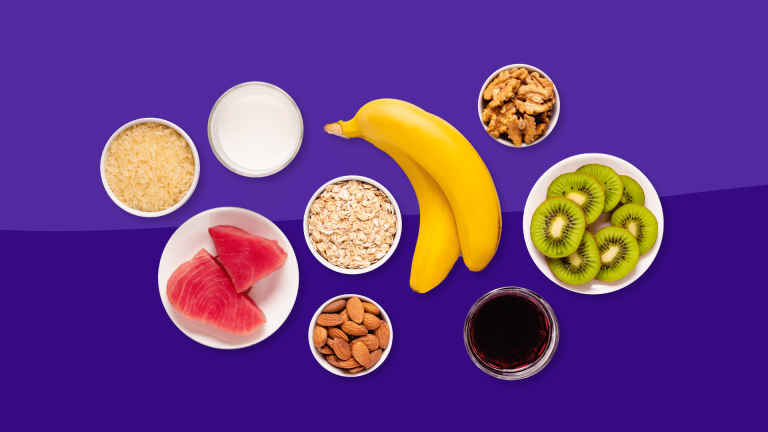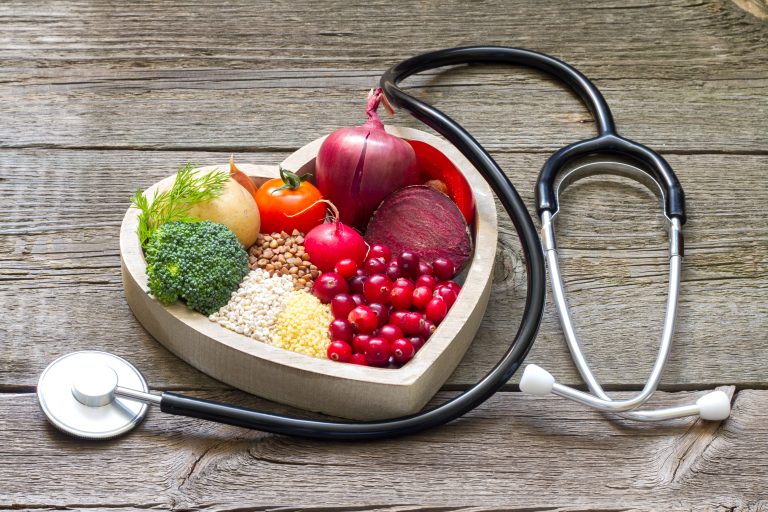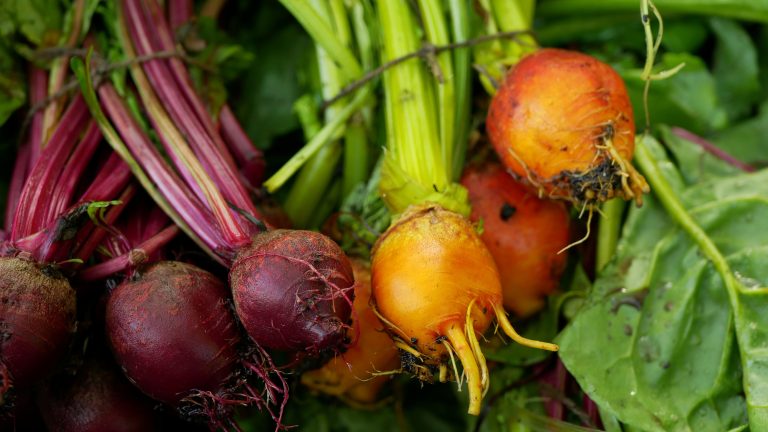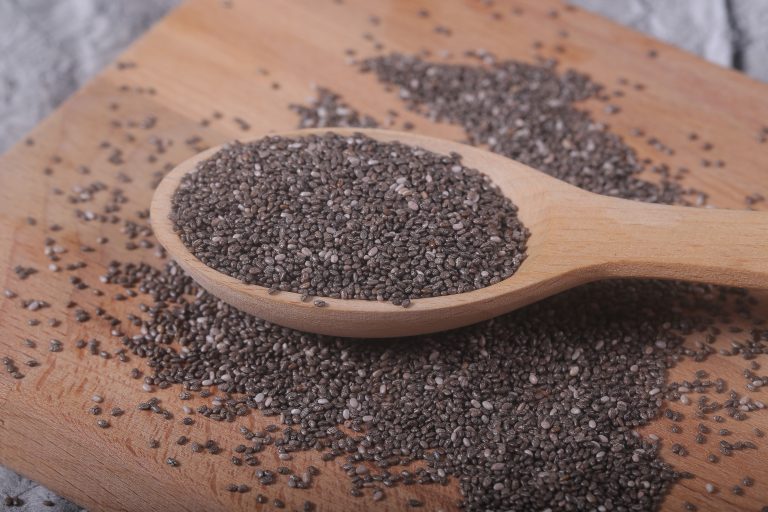Importance Of Food In PCOS.
The essence of eating healthy with PCOS is to consume food in its most natural state. This lifestyle approach to eating is very beneficial to women with PCOS. Processed and refined foods create havoc with hormone levels. As insulin, cortisol, testosterone, progesterone, estrogen , and thyroid become more in balance PCOS symptoms will be alleviated.
1. Avoid processed and refined foods such as white flour, sugar, breads & pasta. Instead eat whole grains like oatmeal, brown rice, millet .
2. Drink two litres of water per day. You can flavour your water with fresh citrus, cucumber, mint.
3. Avoid refined sugar, high-fructose corn-syrup, artificial sweeteners, artificial sweeteners and colours, trans-fats and high saturated fat.
4. Eat every 3-4 hours.
5. Always combine a lean protein and complex carb at every meal/snack.
6. Take your food with you. Make sure you have snacks packed with you so you have healthy choices wherever you go.
Foods to include and avoid in PCOS
€œwhat foods do I need to avoid in PCOS?€ and €œwhat foods can I eat to improve PCOS?€ Different women can have different underlying causes for PCOS.
First of all, let’s start with the foods that are helpful in the management of PCOS and that you can include in your diet.
1. Vegetables. Vegetables have more nutrients per calorie than any other food. They are rich in iron, calcium, potassium, and magnesium, as well as vitamins. B vitamins, especially vitamins B2, B3, B5 and B6, may alleviate PCOS symptoms. They help to convert dietary fat, protein and carbohydrates into energy, help maintain normal blood sugar levels, may help with weight loss due to its ability to control fat metabolism and can play a role in maintaining hormonal balance and fertility and helps relieve PMS symptoms.
2. Fruit Many women with PCOS are reluctant to eat fruit or avoid fruit as it can cause a increase in blood sugar levels and therefore insulin. However, fruit still plays an important role in providing the nutrients you need to combat PCOS. Try to eat fruit that has a lower GI and have a handful of seeds or nuts with your fruit as protein helps to regulate the sugar spike resulting from fruit. Fruit with a low GI value include cherries, plums, grapefruit, blackberries, strawberries, and apples.
Research published in 2012 showed that blueberries are effective to lower elevated blood sugar levels. One study even speculated that they might be as effective as Metformin
3. Healthy Fats Not all fat is bad and healthy fats are essential for your PCOS diet. Essential fatty acids, such as omega 3 fatty acids, are vital for hormone balance, weight management and fertility. Monounsaturated fats have been shown to decrease insulin resistance . These healthy fats are found in nuts and seeds, oily fish, avocado and olive oil.
Salmon is not only a good source of healthy fats, but it is also one of the best dietary sources of vitamin D. Low levels of vitamin D and have been associated problems related to PCOS.Tuna contains B vitamins and vitamin D which are important for women with PCOS.. Many experts recommend eating only 1-2 servings per week.
4. Choose Low-GI Carbohydrates Carbohydrates that have a high Glycemic Index (GI) rating are quickly broken down by the body and cause a rapid, large rise in blood glucose levels, which in turn triggers the pancreas to release large amounts of insulin. Insulin is necessary for the body to be able to use glucose for energy, but high amounts of insulin can lead to insulin resistance and obesity, which may worsen PCOS symptoms. In contrast, low-GI carbohydrates, which take much longer to digest, cause only a small, slow increase in the blood glucose and insulin levels. In addition, low-GI foods reduce cravings as they provide the body with a slow, steady supply of energy. Most non-starchy vegetables, legumes and some fruit have a low GI rating while most refined or processed carbohydrates are rated high on the Glycemic Index.
5. Cinnamon Cinnamon has some extraordinary properties that may help improve insulin sensitivity and thus treat obesity as well as PCOS. 1-6 gram per day, or 120-360 mg cinnamon extract per day, showed significant improvements in blood sugar levels in several studies. Cinnamon is a great spice to add to muesli or chai tea.
The following foods, however, are best avoided:
1. Sugar and refined carbohydrates. This includes sugar, biscuits, cakes, pies, white bread, rolls, white pasta, rice, many breakfast cereals , dried fruits, soft drinks, candy, ice cream but also €˜hidden sugars’ in flavoured yoghurt, many processed foods, fruit juices, packaged soups and sauces etc. Insulin resistance and impaired glucose tolerance are one of the main causes for PCOS; and a diet high in sugar or foods easily converted into sugar (such as refined carbohydrates) is directly linked to this. (10-14), A diet high in sugar not only affects insulin levels, but also hinders ovulation. A study in 2003 found that making diet and lifestyle changes to improve glucose metabolism improved ovulation just as effectively if not better than Metformin and/or Clomiphene (15).
2. Trans fatty acids. A 2% increase in the daily intake of energy from trans unsaturated fats was associated with a 73% greater risk of ovulation problems in one study.Trans fatty acids are found in vegetable oils (eg canola), cakes, biscuits, muffins, pies,cake/pancake mixes, donuts, French fries, chips, candy, frozen dinners and other processed foods. If you are looking for a snack, a small handful of unroasted, unsalted nuts and seeds is a far better idea than a biscuit, cake
3. Caffeine Just two cups of coffee a day boosts levels of oestradiol, the type of oestrogen produced in your ovaries. Women who drink 4-5 cups of coffee a day produce 70% more oestrogen in the follicular phase (weeks after ovulation) of the menstrual cycle .
4. Processed foods All processed foods come with additives, preservatives and chemical flavours which stimulate the production of prostaglandins (a type of hormone or messenger) that trigger inflammation.
5. Artificial sweeteners Artificial sweeteners leads to increased oestrogen levels, increased inflammation and increased testosterone levels. Artificial sweeteners are often found in €˜diet’ products, mentions they are healthy while the opposite is true. Natural sweeteners are a better choice if you really want to sweeten your food or drink, for instance stevia.
6. Saturated fat. Saturated fats are found in foods such as fat on meat, chicken with the skin left on, full fat dairy products, butter and take-away foods. Saturated fats are always listed on the nutrition panel so when choosing between foods in the supermarket, compare the nutrition information panel on the back and choose the one lowest in saturated fat
Depending on other contributing hormonal imbalances, these recommendations may need to be properly tuned to get the best possible results.
While the above article guides you to eating healthier, there is no substitute for customized professional advice given by a qualified nutritionist. We urge you to speak to your personal dietician or if you need help, contact a nutritionist at Qua Nutrition.
You can contact us at 080 3232 9292 or log on to www.quanutrition.com to Book An Appointment.
“









